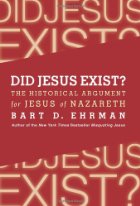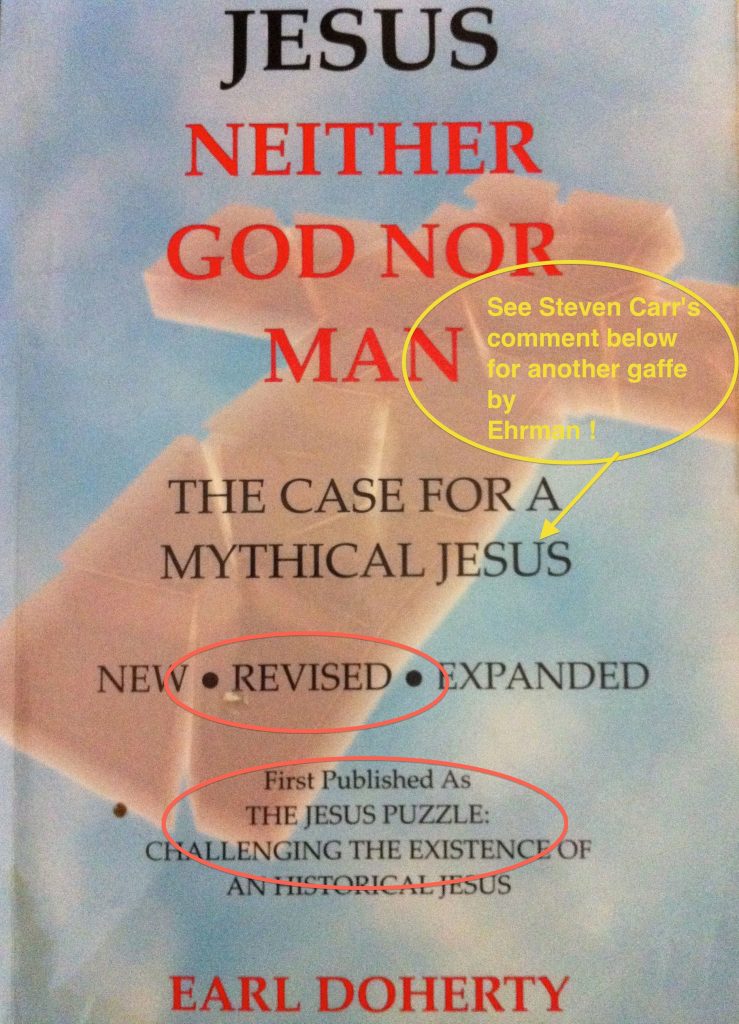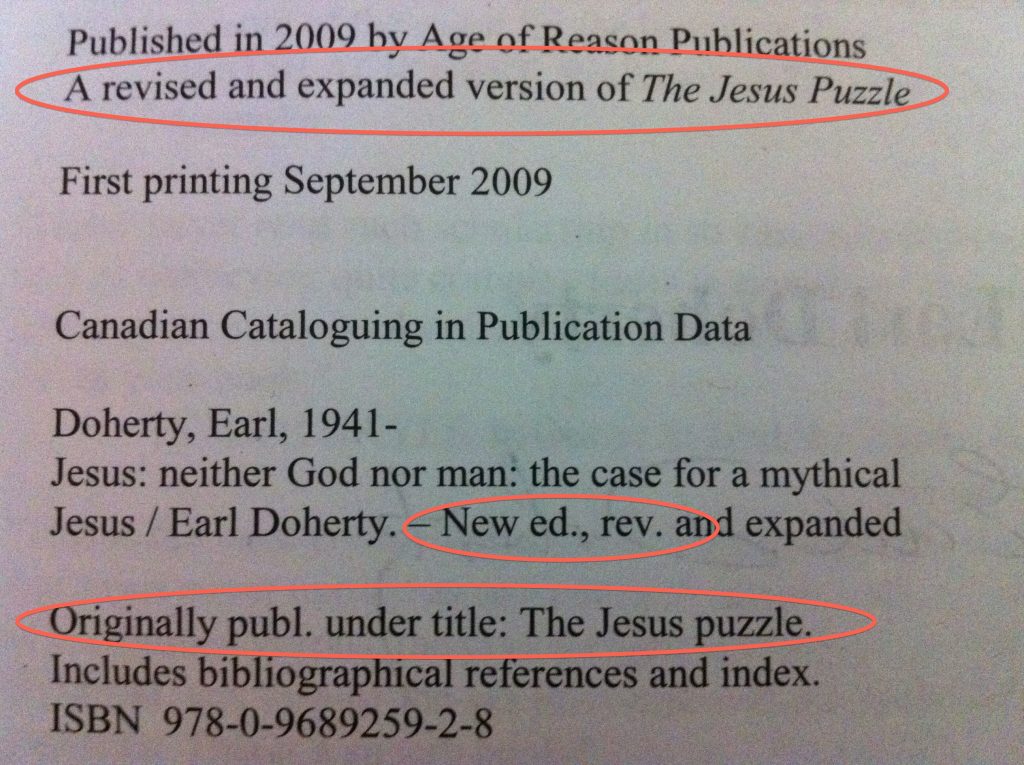 This is the first installment in a comprehensive response by Earl Doherty to Bart Ehrman’s Did Jesus Exist? We plan on publishing one or two installments per week. Upon completion, the full series will be converted to an e-book and made available on Amazon Kindle.
This is the first installment in a comprehensive response by Earl Doherty to Bart Ehrman’s Did Jesus Exist? We plan on publishing one or two installments per week. Upon completion, the full series will be converted to an e-book and made available on Amazon Kindle.
Earl Doherty’s response (title yet to be finalized) will essentially follow Ehrman’s book section by section. In this opening post he covers:
- Anticipation of Ehrman’s book and initial reaction to it
- Procedure in this rebuttal
- Ehrman’s Introduction:
- How did a humble non-divine preacher become God?
- Problems with Ehrman’s answer
- His recent discovery of mythicism and an appeal to authority
- Examining the term “myth” and a “mythical Jesus” in the record
- Calling on experts
- Demonizing agendas
* * * * *
.
A Response to Bart Ehrman’s Case Against Mythicism
.
Bart Ehrman’s Did Jesus Exist? has been long-awaited.
First, this particular book was announced over a year before its publication and became much anticipated. As he says in his Introduction, Ehrman had increasingly found himself subjected to queries and challenges concerning the growing idea that there had never been an historical Jesus, and that the Christian story of such a figure was entirely fiction, allegory, or mythology based on other mythological precedents; that earliest Christ belief related only to a heavenly entity who had never been on earth. And so Ehrman decided to devote himself to making a definitive case for the historical Jesus and lay so-called “Jesus mythicism” to rest.
Second, it has been almost a century since any mainstream New Testament scholar devoted an entire and substantial book to refuting the theory that Jesus never existed, a theory that is now some two centuries old, championed over that time by often reputable scholars outside the mainstream. Occasionally, shorter attempts at refutation have appeared within other books by various mainstream academics. But a new and comprehensive case against mythicism was not to be had, despite a resurgence of the no-Jesus theory in the last two decades due to renewed attention generated on the Internet and a general broadening of the ‘critical’ element in traditional scholarship since the Jesus Seminar. Bart Ehrman’s book, it was anticipated, would fill that bill and hopefully move toward settling the question once and for all.
The unanticipated
What no one would have anticipated, however, was the extent of the furor and negative review of the book within the days and weeks after its publication. The quality and legitimacy of Ehrman’s case has been questioned and condemned by many on blogs and discussion boards across the Internet, by amateurs and professionals alike. The latter, thus far, do not include established scholars from mainstream academia, whether conservative or liberal; they have so far kept quiet. But many from outside the establishment who possess qualifications and knowledge more than sufficient to judge Ehrman’s case (and that includes many of those technically referred to as “amateurs”) have roundly reproached the failings of Ehrman’s case and his less-than-objective treatment of mythicism and mythicists. Continue reading “Earl Doherty’s Response to Bart Ehrman’s Case Against Mythicism: Introduction”






